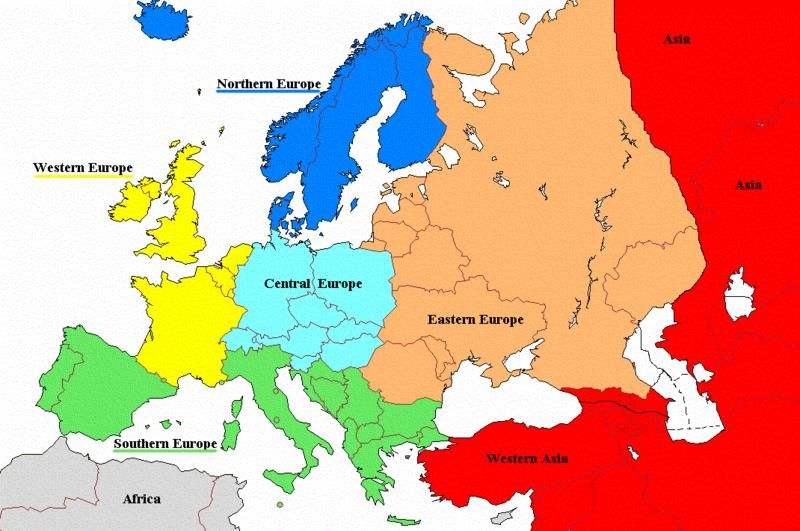- Albanian History
- Ancient History, Middle Ages and Feudalism
- Austria and Hungary, History
- Baltic States, History
- Benelux History
- British and Irish History
- Bulgarian History
- Bulgarian History: Biographies
- Czech and Slovak History
- Explorers, Travelers, and Conquerors
- Explorers, Travelers, and Conquerors: Biographies
- French History
- German History
- Heraldry, Knighthood, and Chivalry
- Italian History
- Italian History: Biographies
- Modern Greek History
- Modern Greek History: Biographies
- Polish History
- Romanian History
- Russian, Soviet, and CIS History
- Russian, Soviet, and CIS History: Biographies
- Scandinavian History
- Scandinavian History: Biographies
- Spanish and Portuguese History
- Swiss History
- Treaties and Alliances
- Turkish and Ottoman History
- Turkish and Ottoman History: Biographies
- Wars and Battles
- Yugoslavian History: Biographies


